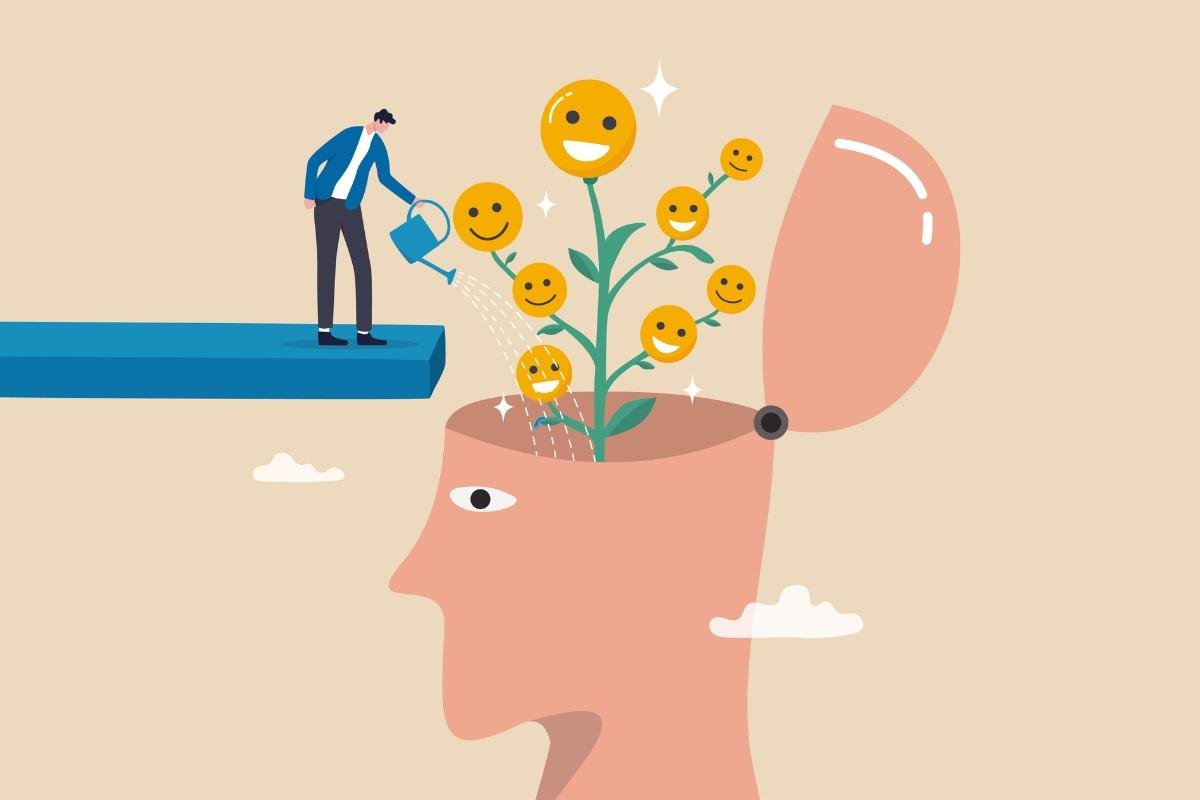How to Develop a Growth Mindset for Success

The way you think about your abilities, challenges, and failures determines your success in life. A growth mindset is the belief that intelligence, talents, and skills can be developed with effort and perseverance. This concept, pioneered by Dr. Carol Dweck in her groundbreaking book Mindset, has transformed how we view personal and professional success. Carol Dweck's growth mindset theory highlights the contrast between a fixed mindset and a growth mindset.
People with a fixed mindset believe that abilities are static—you either have talent, or you don’t. In contrast, those with a growth mindset understand that skills and intelligence can be improved through learning and persistence. Developing a growth mindset is essential for personal growth, self-improvement, and success. But how do you develop a growth mindset? In this guide, we will explore growth mindset examples, practical strategies, and the difference between a fixed and growth mindset to help you cultivate the right approach toward learning and achievement.
What is a Growth Mindset?
A growth mindset, as defined by Dr. Carol Dweck, is the belief that intelligence and abilities can be developed through effort, learning, and persistence. In contrast, a fixed mindset assumes that people are born with a set level of intelligence and skills that cannot change.
Fixed Mindset vs. Growth Mindset
Fixed Mindset
● Avoids challenges for fear of failure
● Believes intelligence and abilities are unchangeable
● Feels threatened by the success of others
● Gives up easily when faced with obstacles
Growth Mindset
● Embraces challenges and learns from failures
● Sees effort as a path to mastery
● Finds inspiration in the success of others
● Persists through difficulties to achieve goals
How to Develop a Growth Mindset
If you are wondering, "How to develop a growth mindset?", follow these strategies to shift your thinking and embrace continuous self-improvement.
1. Reframe Challenges as Opportunities
✅ Instead of fearing failure, view challenges as a chance to grow.
✅ Each difficulty is a stepping stone toward success.
2. Replace "I Can't" with "I Can Learn"
✅ Avoid statements like, "I'm just not good at this."
✅ Say, "I can learn how to do this with practice."
3. Learn from Growth Mindset Examples
✅ Study stories of successful people who overcame obstacles through hard work.
✅ Examples include Thomas Edison, Michael Jordan, and Oprah Winfrey.
4. Accept Feedback and Constructive Criticism
✅ People with a fixed growth mindset see criticism as a personal attack.
✅ A growth mindset sees feedback as a way to improve.
5. Cultivate the Alpha Mindset
✅ An alpha mindset means taking charge of your own learning and growth.
✅ Stay proactive in improving your skills and knowledge.
6. Celebrate Small Wins
✅ A common mistake in self-improvement is focusing only on big achievements.
✅ Recognizing small progress keeps you motivated.
7. Surround Yourself with Growth-Minded People
✅ Negative and pessimistic people can reinforce a fixed mindset.
✅ Being around ambitious, positive individuals fosters a success mindset.
8. Keep Learning and Embrace Continuous Education
✅ People with a fixed and growth mindset differ in how they view learning.
✅ A growth mindset encourages lifelong education and skill-building.
9. Change Your Self-Talk
✅ Replace limiting beliefs with positive affirmations.
✅ Say, "I am constantly growing and improving every day."
10. Apply Dr. Carol Dweck’s Principles
✅ Mindset, Dr. Carol Dweck, teaches that effort and perseverance shape success.
✅ Read Mindset by Carol Dweck to deepen your understanding.
How to Develop a Success Mindset
A success mindset is an extension of a growth mindset, where you focus on achieving your goals through persistent effort. How to develop a mindset that ensures success?
✅ Set Clear Goals – Define what you want to achieve.
✅ Stay Disciplined – Commit to small, daily actions toward your goals.
✅ Take Risks – Be willing to step outside your comfort zone.
✅ Learn from Mistakes – Treat failures as learning experiences.
Conclusion
The journey of how to develop a growth mindset begins with understanding that intelligence and abilities are not fixed—they can grow with effort. Carol Dweck’s growth mindset philosophy teaches that persistence, learning, and embracing challenges are key to achieving success. Whether in career, relationships, or personal development, applying these principles will help you break free from limitations and unlock your full potential.
So, are you ready to embrace the Dweck growth mindset and transform your life? The power to change is in your hands!




